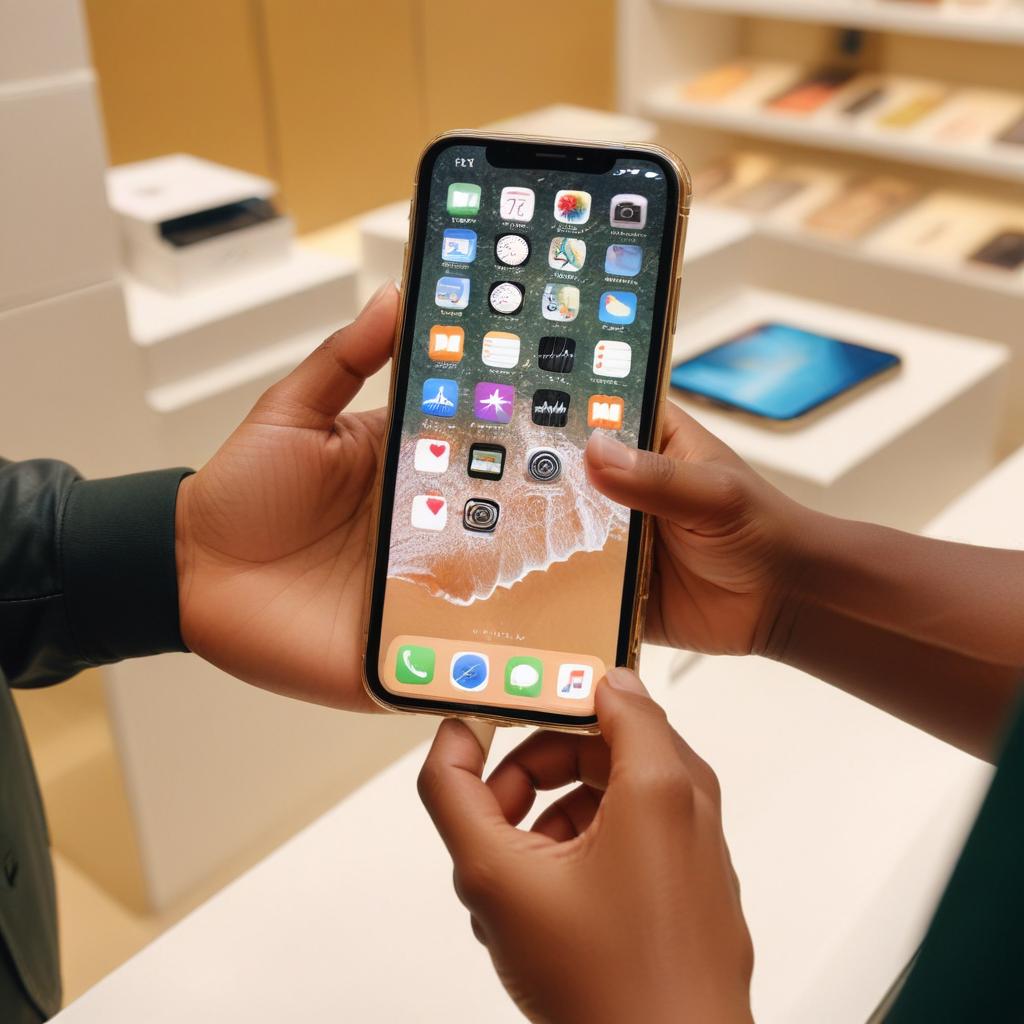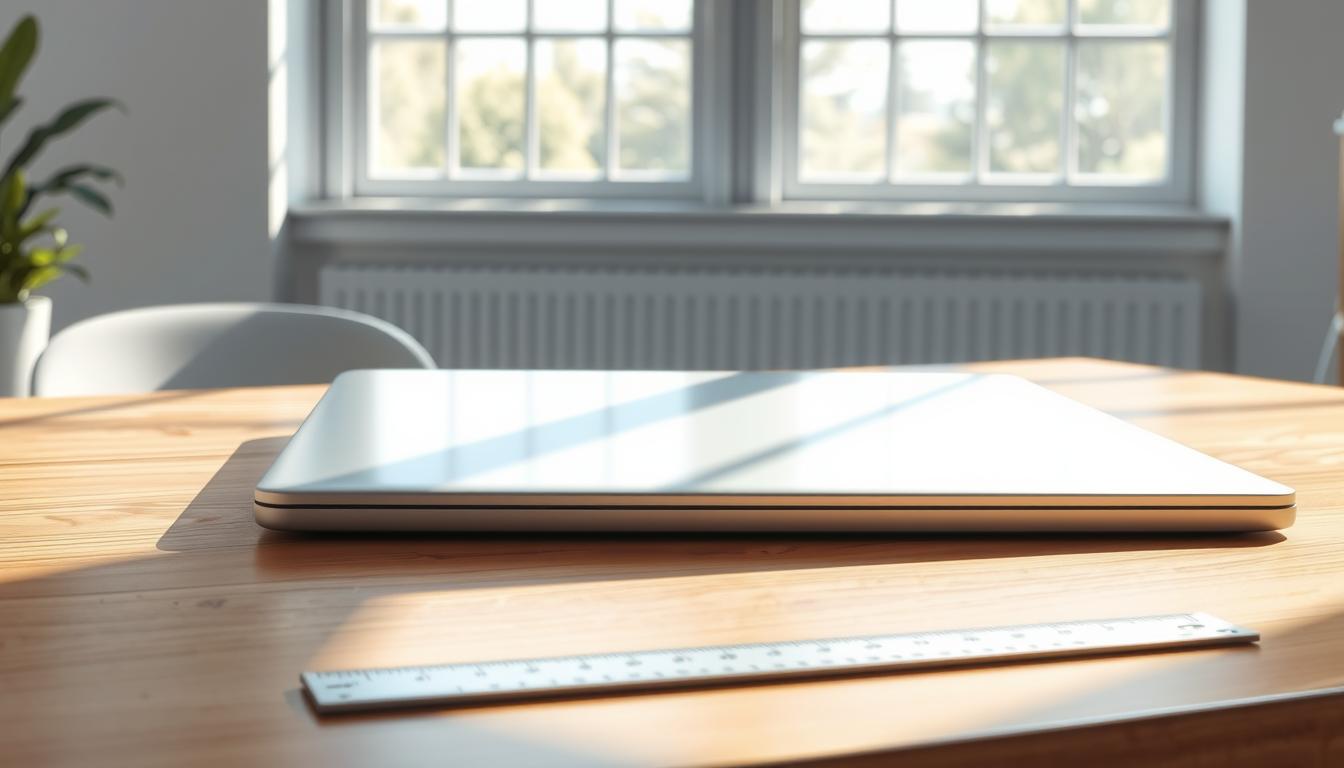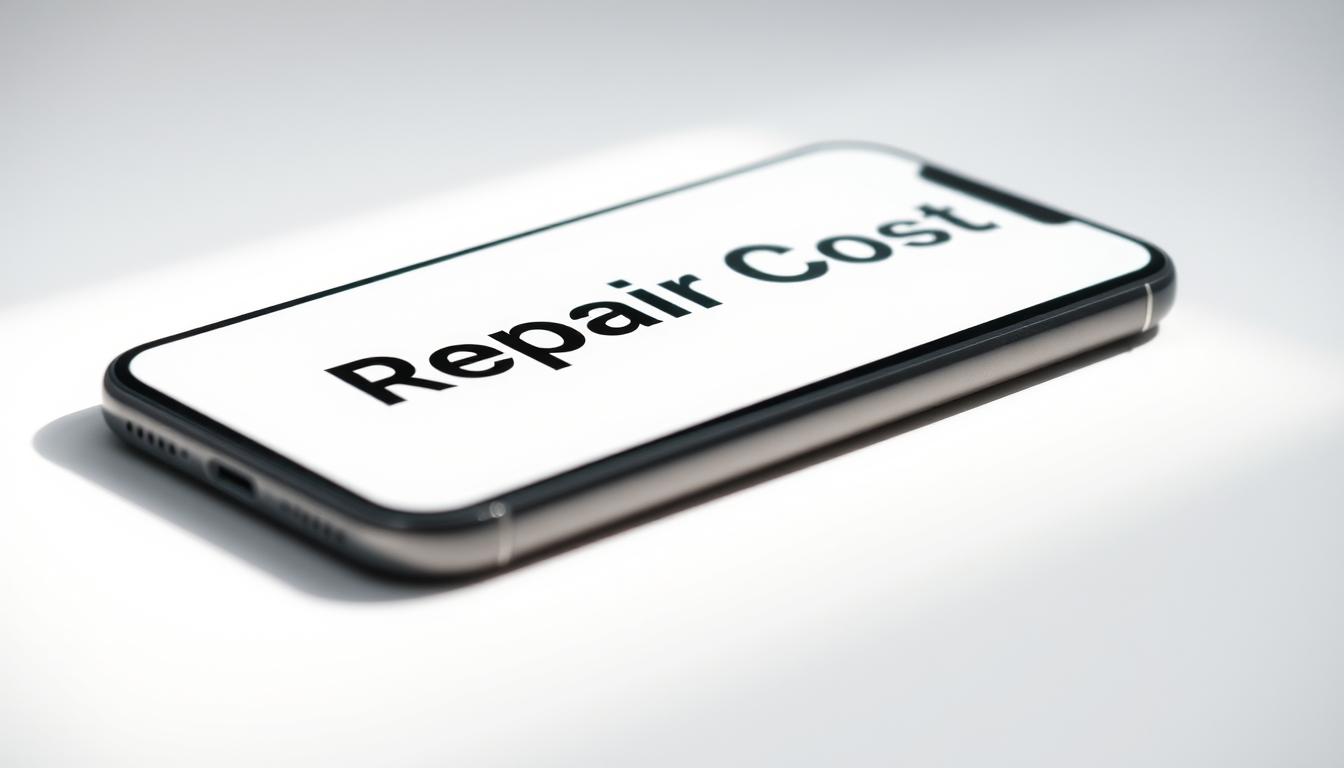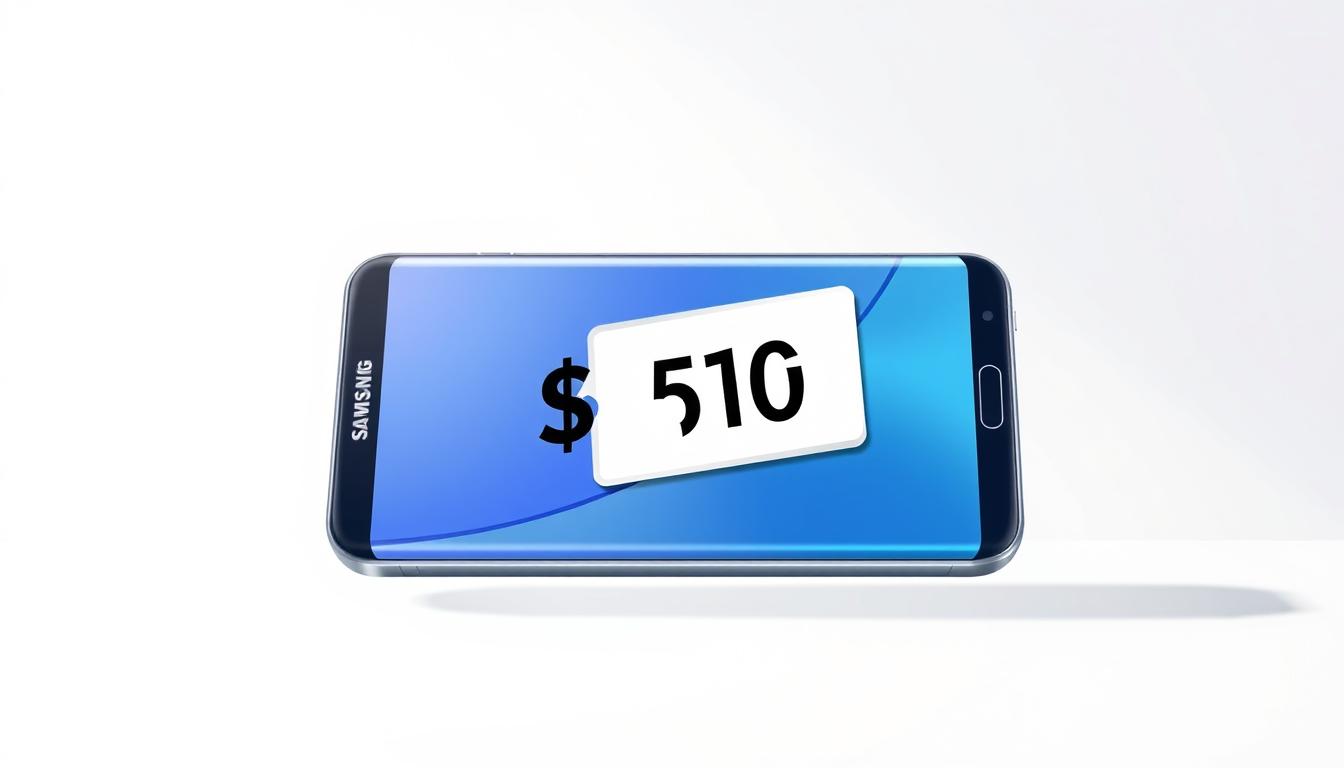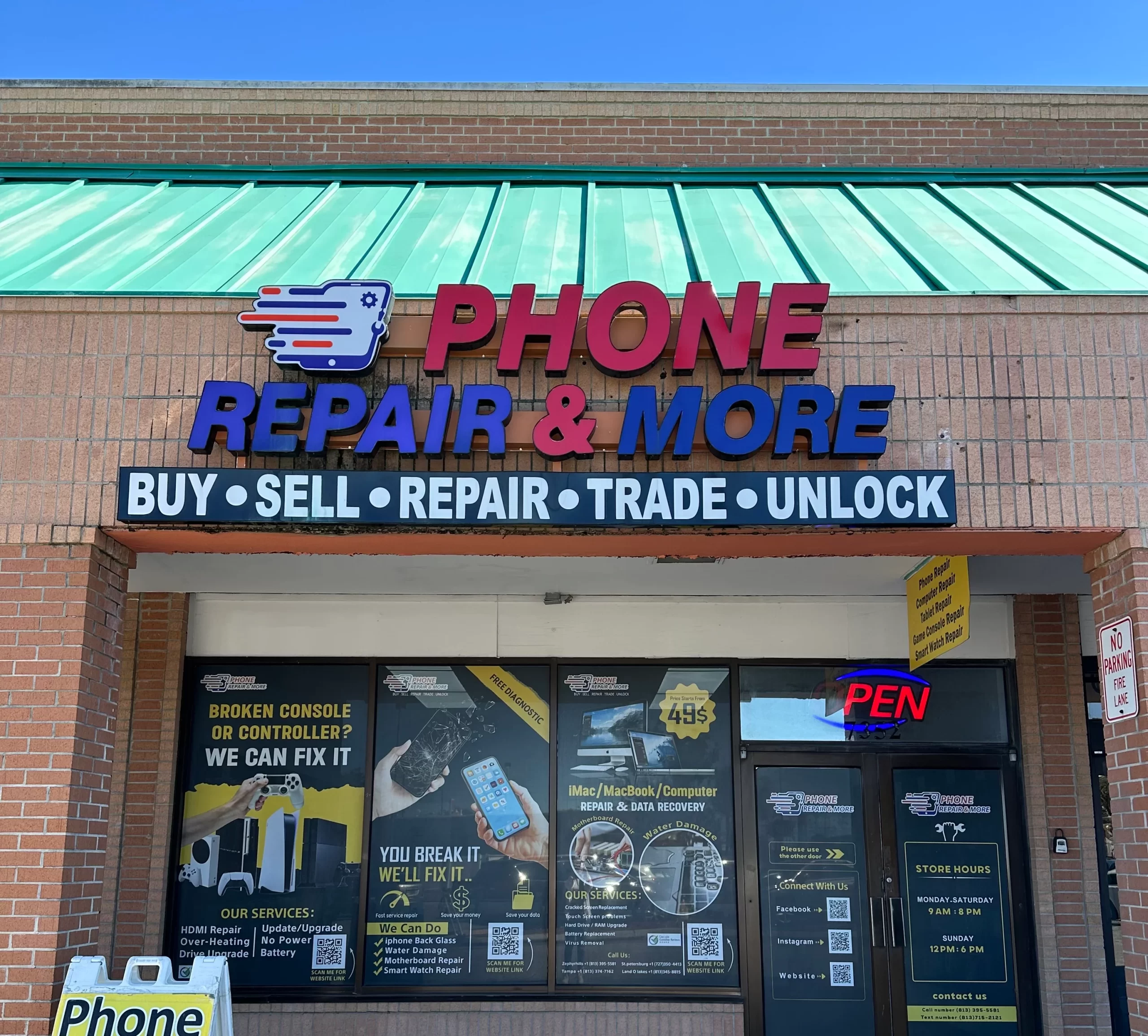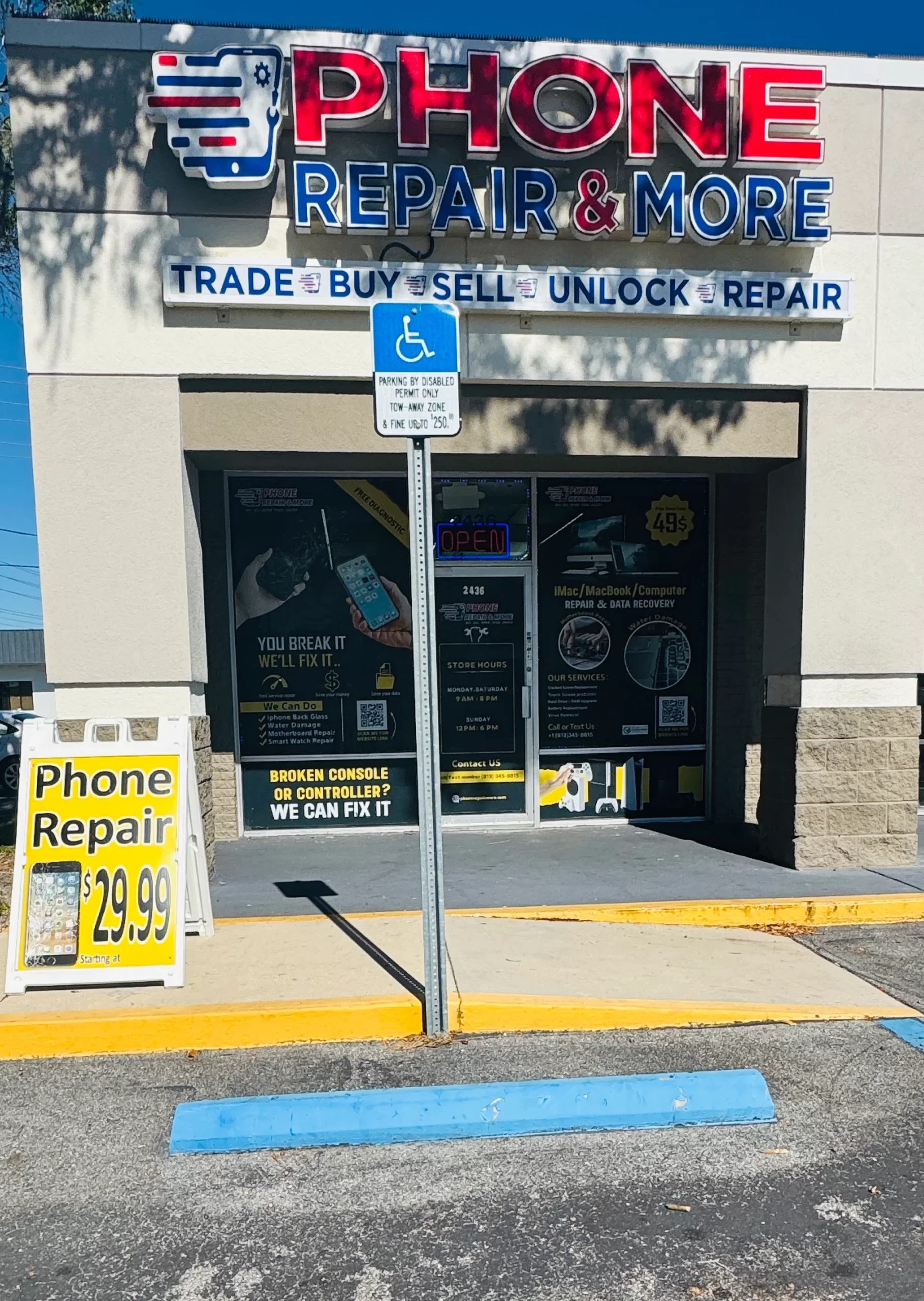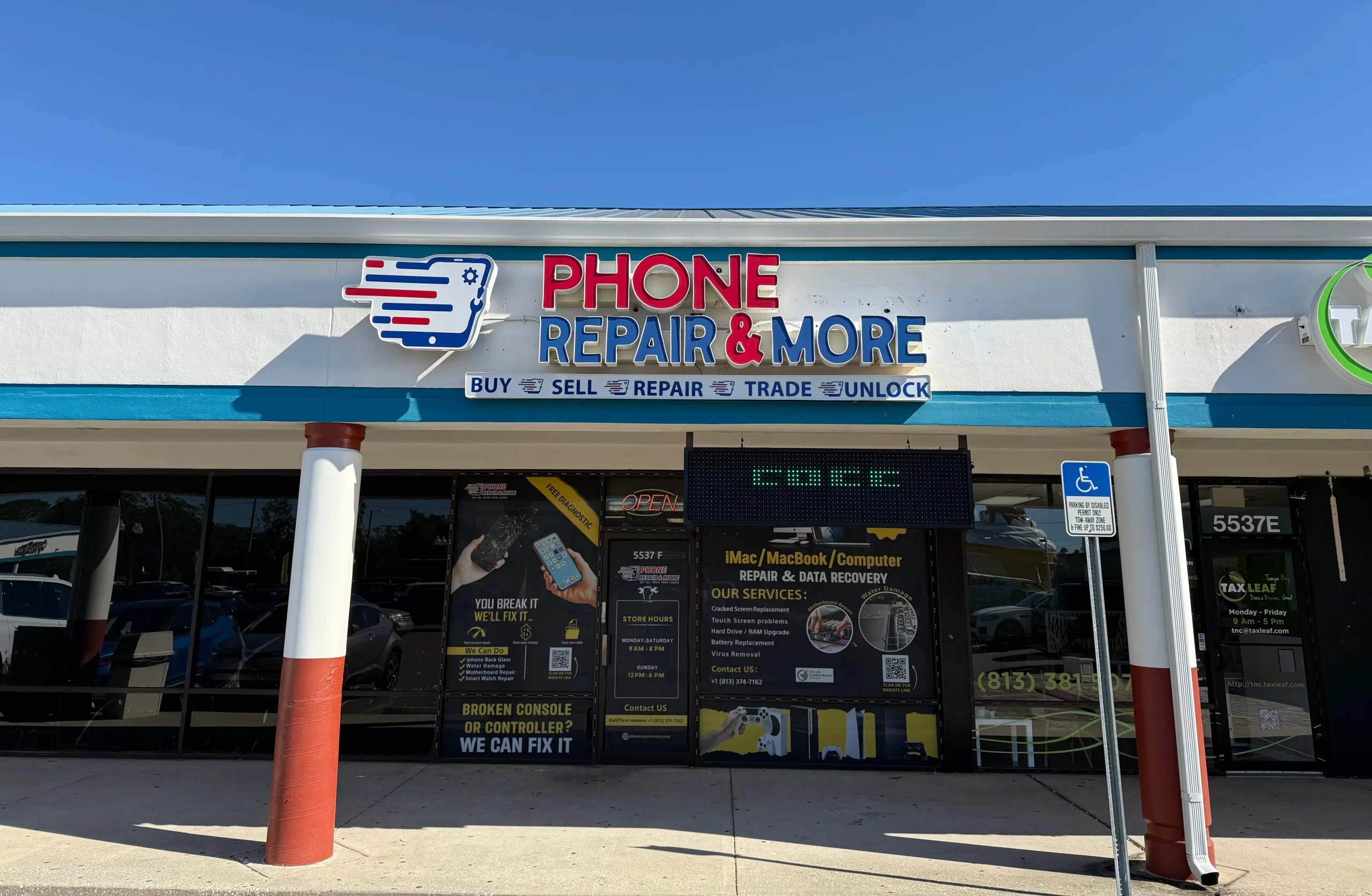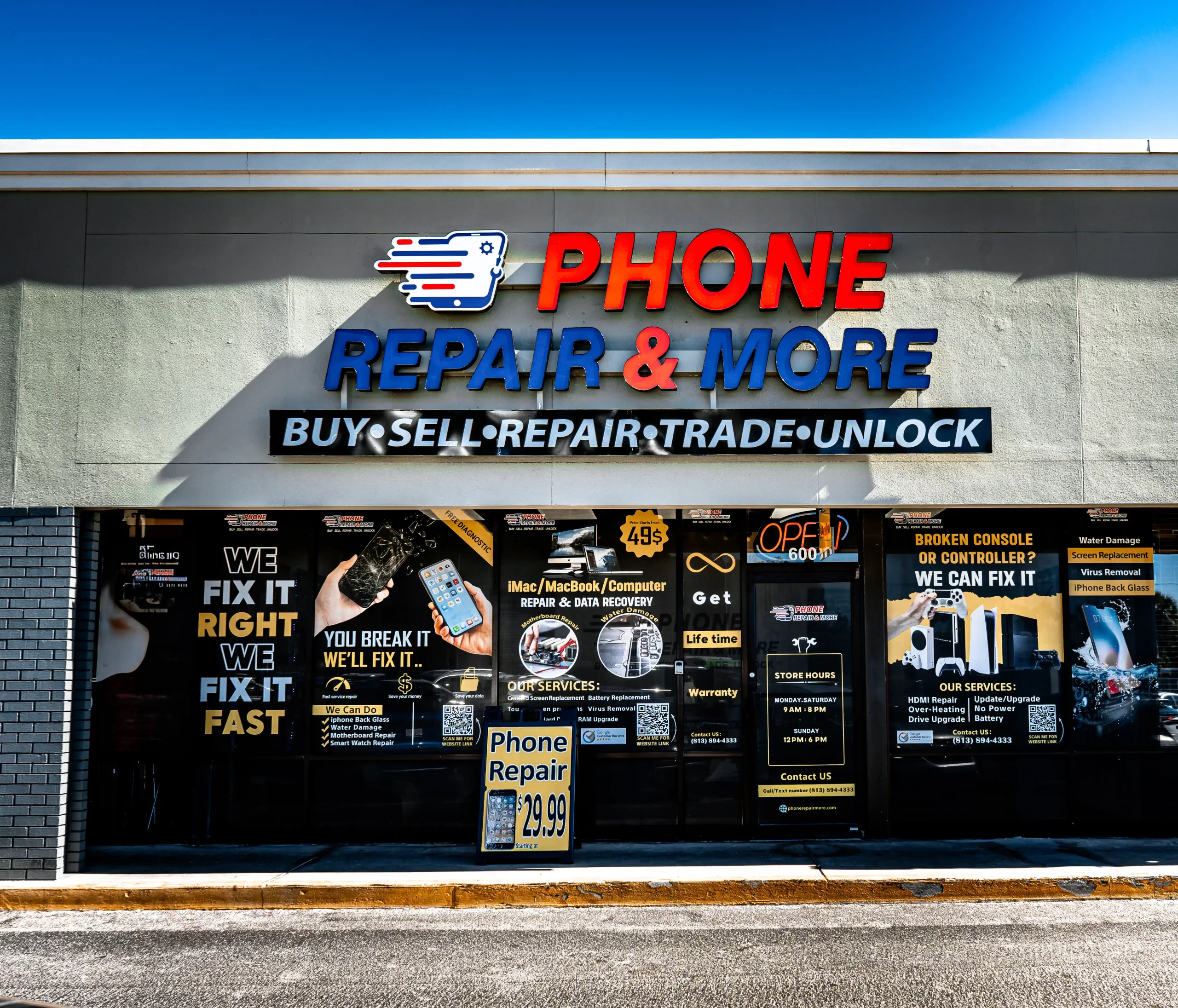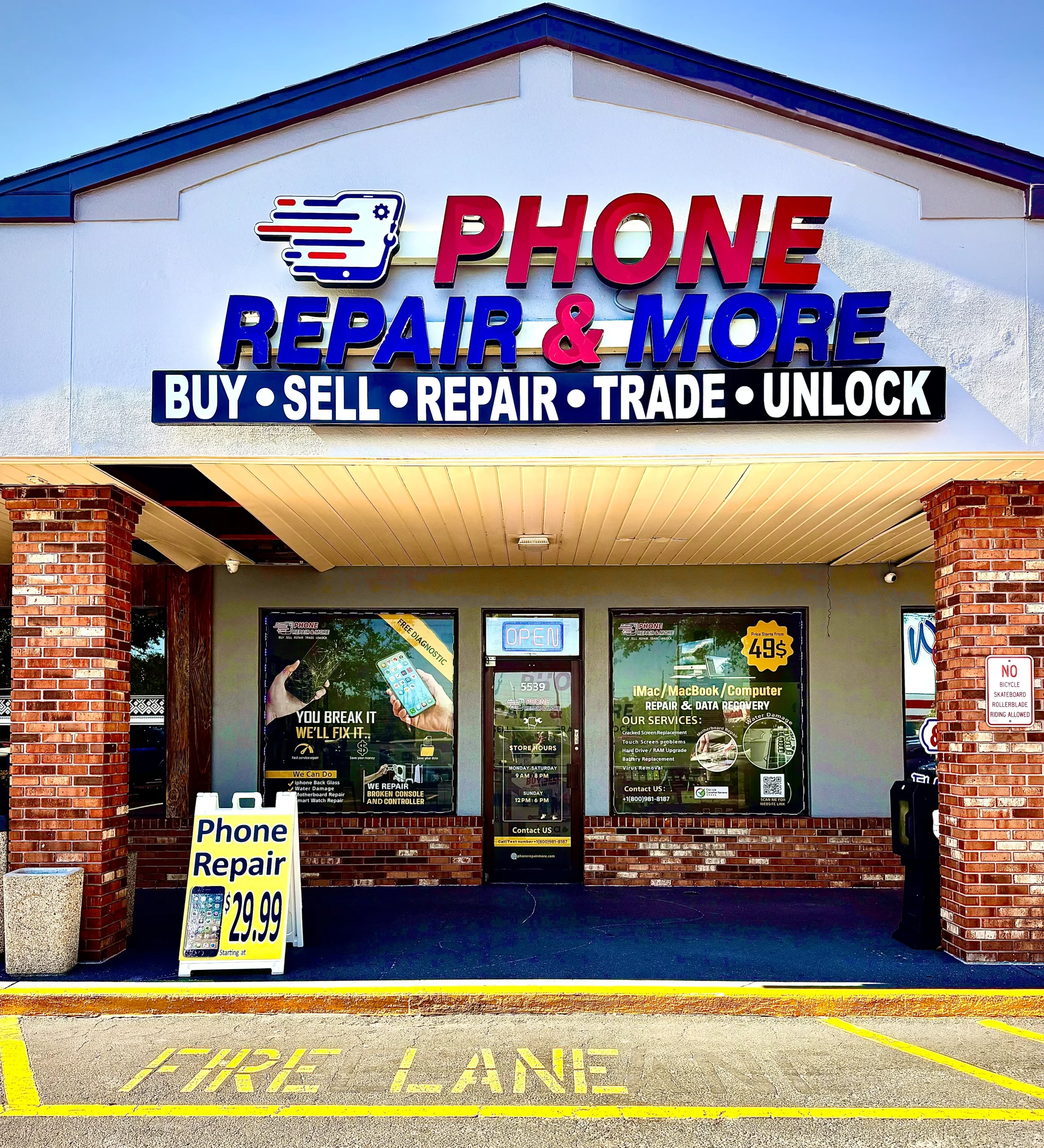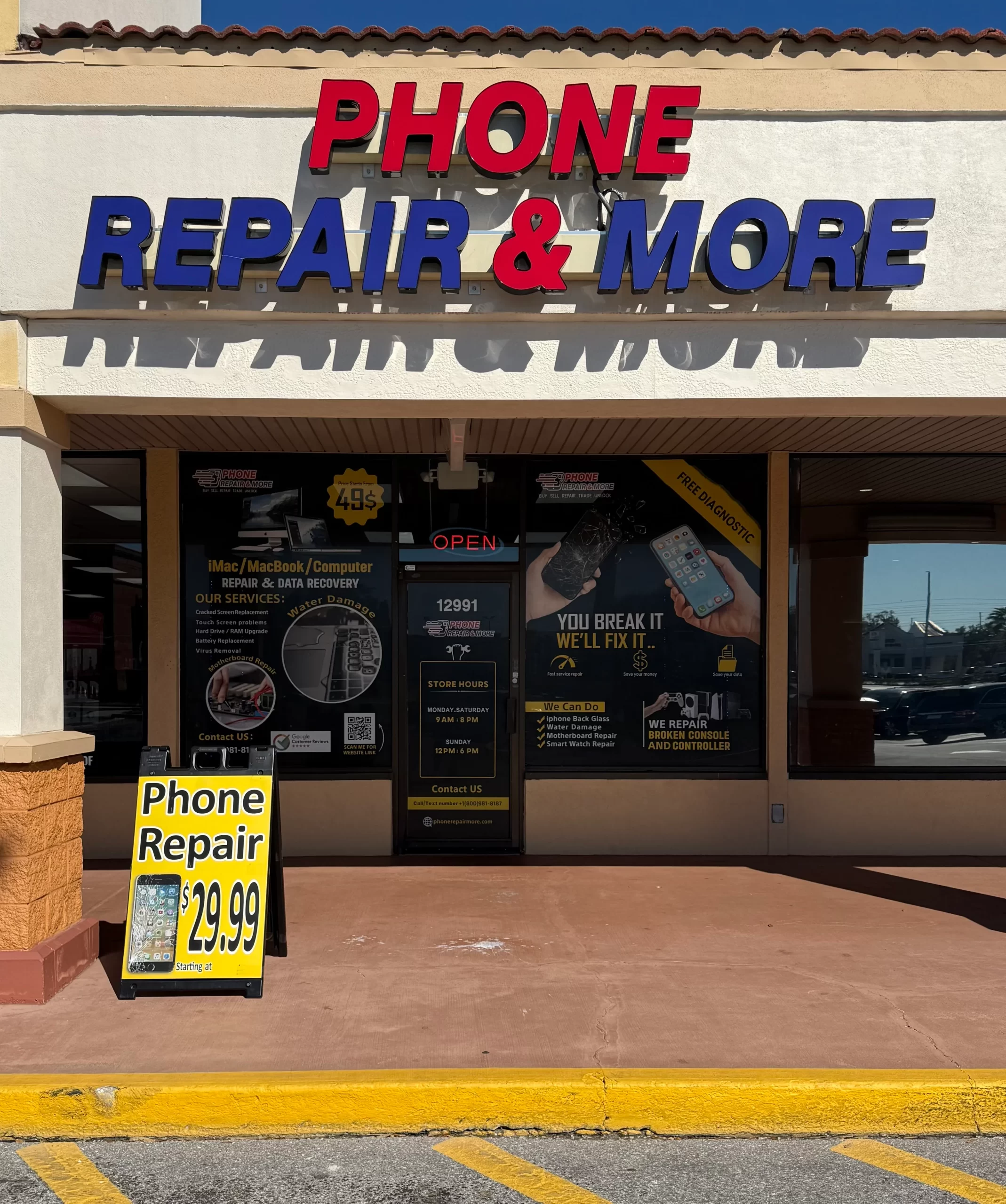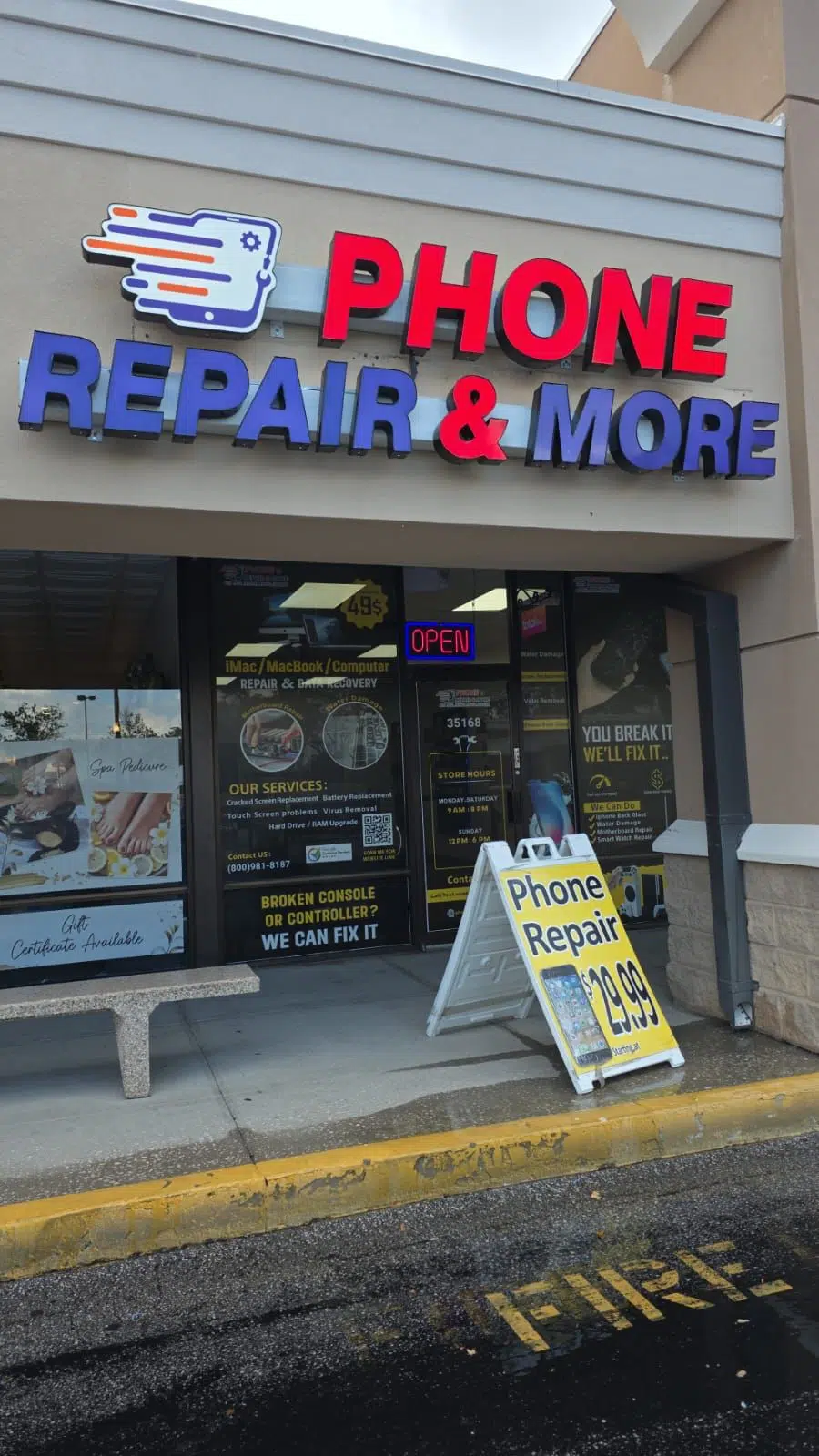Introduction
iPhones are known for their sleek design, robust build quality, and cutting-edge technology. Many users wonder if these devices, which often come with a high price tag, can last for a decade. This article explores whether an iPhone can be used for 10 years, the factors that affect its longevity, and tips to maximize its lifespan.
Table Of Contents
- Factors Affecting The Longevity Of An iPhone
- Software Support And Updates
- Battery Life And Performance Over Time
- Tips For Extending The Life Of Your iPhone
- Frequently Asked Questions (FAQs)
- Conclusion
Factors Affecting The Longevity Of An iPhone
Hardware Durability
iPhones are built with premium materials, including aluminum, stainless steel, and high-quality glass, making them more durable than many other smartphones. However, the physical durability of an iPhone can be compromised over time due to accidental drops, exposure to water, or general wear and tear. Regular maintenance and proper care, such as using protective cases and screen protectors, can help maintain the device’s physical integrity over the years.
Technological Advancements
The fast-paced nature of technological advancements means that after 10 years, even a well-maintained iPhone may start to feel outdated. While the hardware might still be functional, it may struggle to run the latest apps or keep up with modern performance demands. For example, newer apps and features that rely on advanced processors and more RAM may not work as efficiently on an older device.
Software Support And Updates
iOS Updates
One of the most significant factors in determining whether an iPhone can be used for 10 years is software support. Apple typically provides iOS updates for about five to seven years after a device’s release. These updates are crucial for security, app compatibility, and introducing new features. Once an iPhone stops receiving updates, it becomes more vulnerable to security risks and may not be able to run newer apps effectively.
App Compatibility
Over time, app developers may stop supporting older versions of iOS, which can limit the functionality of an iPhone that no longer receives updates. This can affect everything from social media apps to essential tools like banking and productivity apps. While the core functions of the phone may still work, the lack of app support can significantly impact the user experience.
Readers Also Liked: Can I Exchange My Broken iPhone For A New One?
Battery Life And Performance Over Time
Battery Degradation
One of the most common issues with older iPhones is battery degradation. Lithium-ion batteries, which power iPhones, lose capacity over time and with repeated charging cycles. After several years, you may notice that your iPhone’s battery doesn’t last as long as it used to. This can be particularly problematic as the device ages, making it challenging to use throughout the day without frequent recharging or battery replacement.
Performance Throttling
As iPhones age, Apple sometimes implements performance throttling to prevent unexpected shutdowns caused by aging batteries. While this can help maintain the usability of the device, it also means that the phone may operate more slowly, impacting the overall user experience.
Tips For Extending The Life Of Your iPhone
Regular Maintenance
To keep your iPhone running smoothly for as long as possible, regular maintenance is key. This includes keeping the software up to date, managing storage effectively, and periodically checking the battery health. Replacing the battery after a few years can also significantly extend the life of the device.
Protect Your Device
Using protective cases and screen protectors can prevent physical damage that could shorten the lifespan of your iPhone. Additionally, avoid exposing your iPhone to extreme temperatures, which can affect battery performance and overall device longevity.
Consider Professional Repairs
If your iPhone encounters issues as it ages, such as a cracked screen or battery degradation, consider professional repairs rather than replacing the device. Phone Repair & More offers repair services that can help you extend the life of your iPhone and keep it functioning for years to come.
Recommended: Are Broken iPhones Worth Anything?
Frequently Asked Questions (FAQs)
Can An iPhone Last For 10 Years?
Yes, an iPhone can last for 10 years, especially with proper care, regular maintenance, and potential repairs. However, it may not receive software updates for the entire decade, which could affect its usability.
Will My iPhone Still Work Without Software Updates?
Your iPhone will still function without software updates, but it may become more vulnerable to security risks and may not be able to run the latest apps.
Should I Replace The Battery In My Old iPhone?
Yes, replacing the battery in an older iPhone can significantly improve its performance and extend its usability.
iPhone Repair Near Me
While it is possible to use an iPhone for 10 years, several factors can impact its longevity, including hardware durability, software support, and battery life. By taking care of your device, keeping it updated, and considering professional repairs when necessary, you can maximize the lifespan of your iPhone and continue to enjoy its features for many years.

